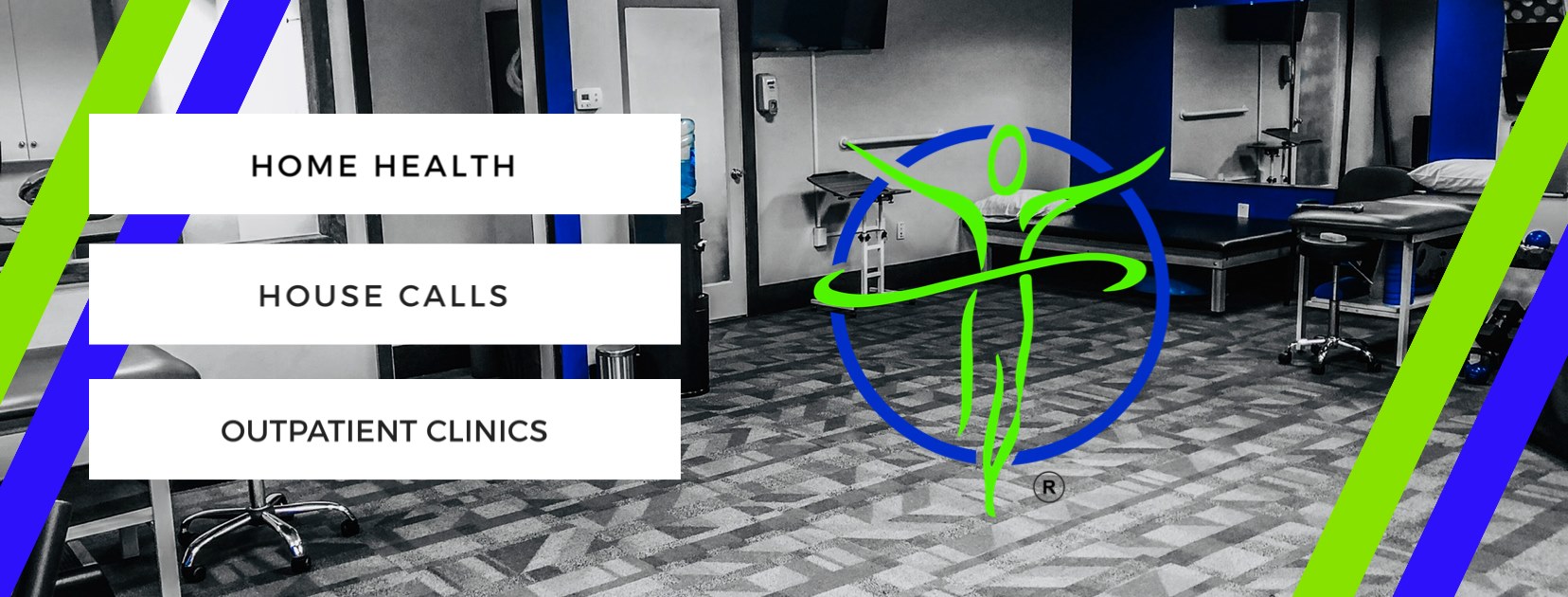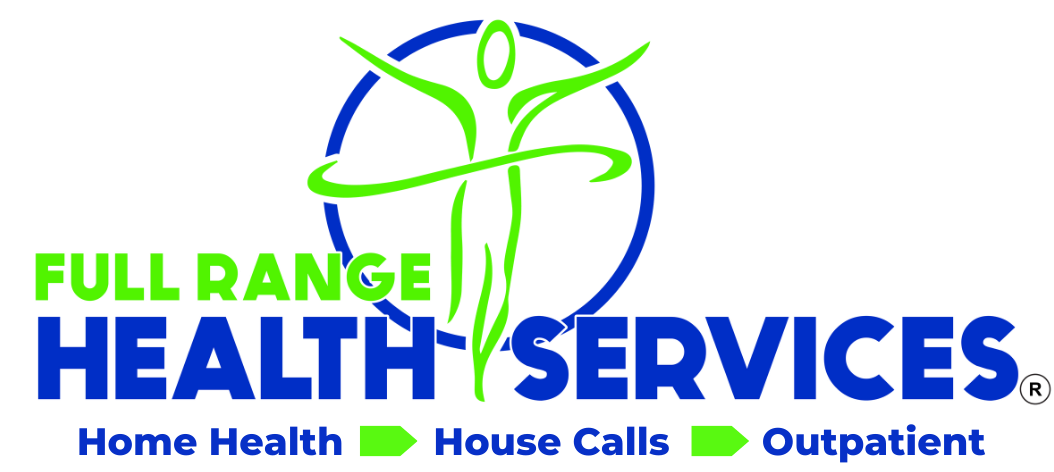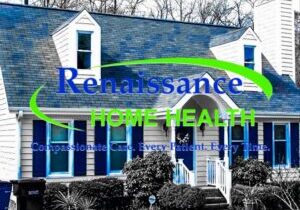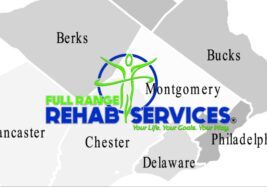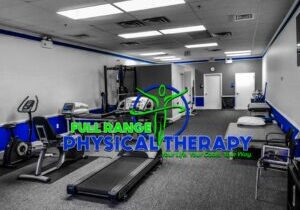COVID-19: No Diagnosis, No Symptoms, Big Consequences
Since early March, our lives have been flipped upside down. Social interaction has been discouraged. We have been told to stay in and most have! Many have followed the CDC, State, and Federal guidance in an effort to stay safe. But a new reality has come to light, safe has many meanings! Safety from COVID-19 is one aspect, but what about safety with general function?
Many older adults have chosen to stay sheltered for months and have felt the consequences. Some say that for every day in bed, it takes 7 days to recover to lost endurance, lost strength, lost flexibility, lost range of motion, etc…. But what happens when we shelter inside for months? What happens when we get away from our daily routines, including walking, exercise, shopping, and typical life? For many, the answer many be nothing. We adapt and interact with friends and family virtually and take it day by day. But this is not possible for everyone.
Our older friends, family, and neighbors, may not have the ability to interact virtually, whether it is due to lack of devices, tech intellect, or just lack of comfort. For this population, there is a secondary effect that has big impacts on safety, health, and quality of life without being diagnosed or even exposed to COVID-19. This group is at risk for deconditioning, which is a big issue!
COVID TIMELINE
Mid March 2020: Stay Inside. Don’t shop. Work from home. 2 week shut down. Anticipate reopening 3/30/2020.
Early April: New York and New Jersey are experiencing serious hospital shortages instilling a significant fear throughout our country, and especially our area neighboring these states.
“DO YOUR PART TO FLATTEN THE CURVE.”
May 2020: Curve flattens, but now we are in a traffic light situation that each state is governing their ability to reopen. We are RED.
June 2020: Progress to YELLOW. Then 2 weeks later to GREEN, but with restrictions and contradicting messages. And continued fear.
SUMMER & HEAT
It is now summer and the heat is here. It is now more than ever that we need to hydrate. But now our older neighbors who have been isolating for months are now weaker. Now they have difficulty getting out of bed, getting out of a chair. Now they are afraid of falling, so getting up to get a drink means that they may have to use the bathroom. This fear of falling holds them back from making the right decision. And this situation is more common than you think, especially in those that may have other health issues, like heart failure, Parkinson’s Disease, arthritis, etc…
In a world of unprecedented circumstances, it is expected that there are oversites. The decisions that have been made are part of the past. But moving forward, it is important that we don’t forget about our older friends, family, and neighbors. And, if they are having difficulty, know that there are resources that may help! Those resources include: home nursing, physical therapy, occupation therapy, speech therapy, meal assistance, companion services, social work, organizers, and much more….
Know someone that is having a tough time? We may be able to help and our nurses and therapists are ready to go!
